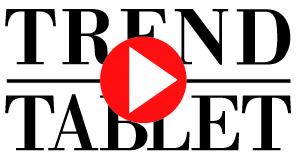GALLERY
recycled beauty
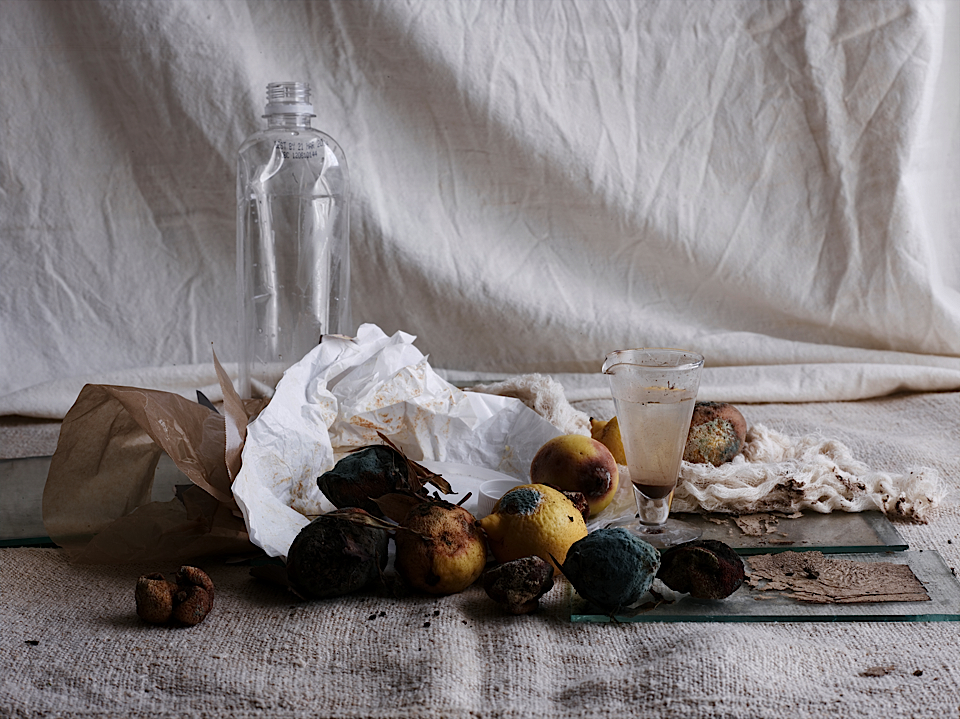
lemonade
There is a peculiar curiosity in looking at the contemporary world using art’s classical themes and codes. In a way, it gives us the possibility to compare and contrast, and situate us in a particular, familiar tradition. The still life is one such artistic canon which has stimulated artists in all eras. A style particularly replete with symbolism (from Vanitas to the Resurrection and images of wealth), still life has evolved by reflecting the latest popular customs and socio-economic climate – making it all the more compelling to track trends and changes in habits through the way this subject has been treated throughout the centuries.
In their series “Recycled Beauty”, photographer Laurie Frankel and designer Diane Gatterdam have tackled the still life tradition. The atmosphere is reminiscent of the stark simplicity of Willem Claeszoon Heda’s (1593-1680) paintings: neutral backgrounds, a post-meal mess enhanced by rich textures: glass, metal… and their contemporary equivalent, plastic. Despite similar components, however, it is not abundance and lavishness that the series points to, but rather to mundane, unremarkable elements of contemporary daily life. While old masters would use props such as candles to draw attention to the ephemerality and perishability of life, Frankel and Gatterdam reverse the concept: “These photos highlight the extraordinary amount of disposable items in our lives we use for an instant but then live on for years, while nature renews itself in a seamless continual rhythm.” The plastic, packaging and wrapping paper may be crushed and stained, but never wither – and unlike the toppled silver and glass tableware of Heda’s paintings, the once used containers will not be picked up and put away to be used again at a later feast.
Necessarily, the installations call attention to the notably absent humans. Through the use of stark and delicate compositions clearly pointing to a revered art tradition, Frankel and Gatterdam bring us face to face with fascinating images of the permanence and strange beauty of our ‘trash.’ Like the still lives of hunted game, where the artists succeeded to veil the cruel death by elevating the animals to art, here the packaging is not seen as disposable but is looked at for its formalist qualities: the glistening transparent plastic, the crumpled napkins, the singular shapes of glass containers (filled with dirty water, or broken). If still life can still reflect the habits and reality of contemporary humans, then Recycled Beauty shows our society starting to ponder questions of the after-life of the consumption process and the inherent (yet hidden) refinement of plastic and packaging in general, raising questions of why it is that we treat such potentially durable and captivating objects with such contempt.
Mathilde Leblond
Mathilde Leblond is a UK-based trendwatcher with a passion for creativity, beauty and the future. For Trend Tablet she contributes posts about some of the most arresting artists and creators which she scours the internet to find out about.
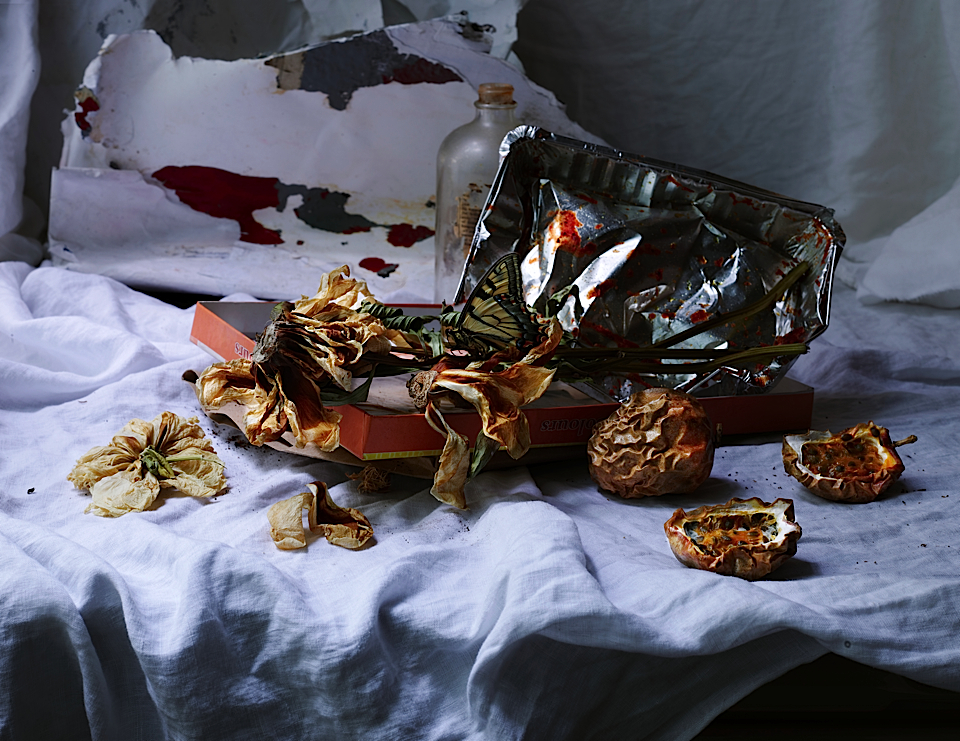
Butterfly
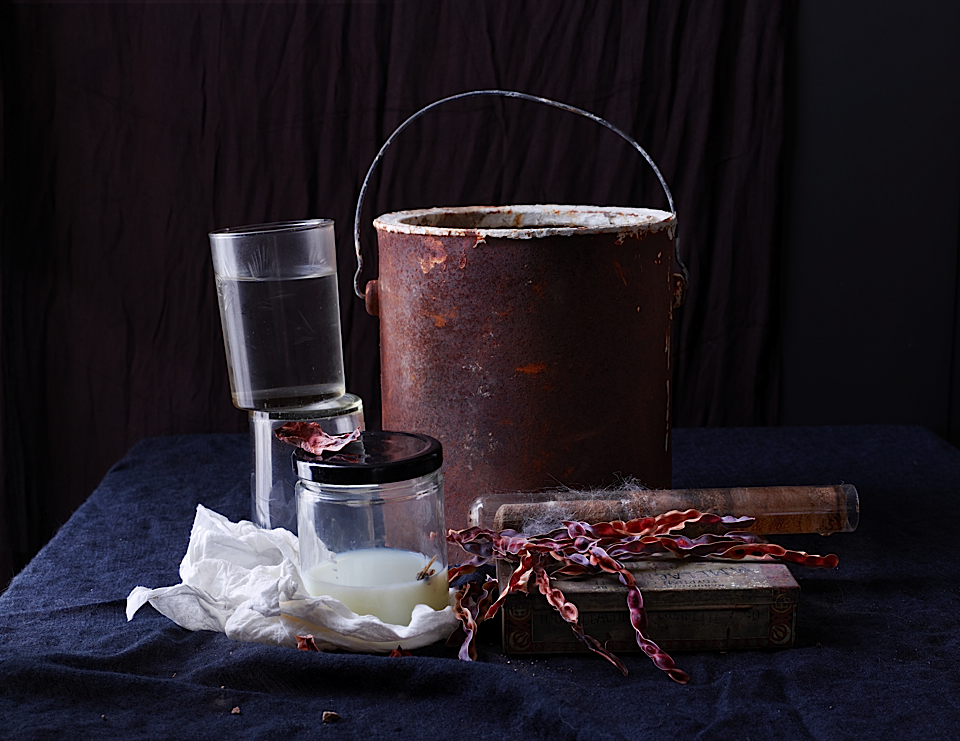
Fly in the milk
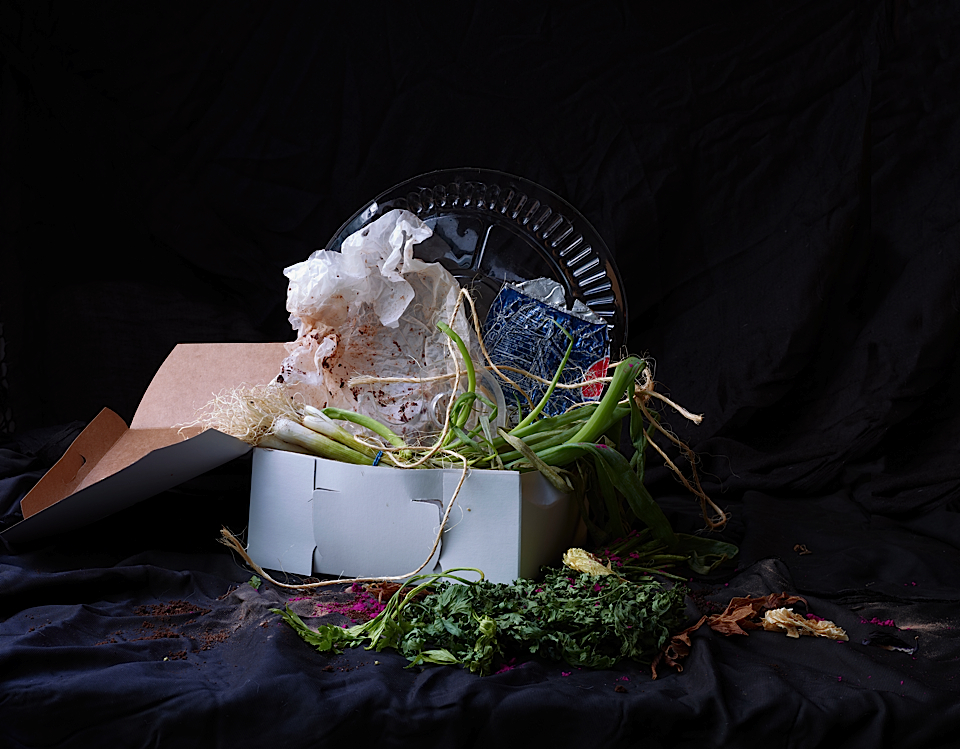
Onion Box
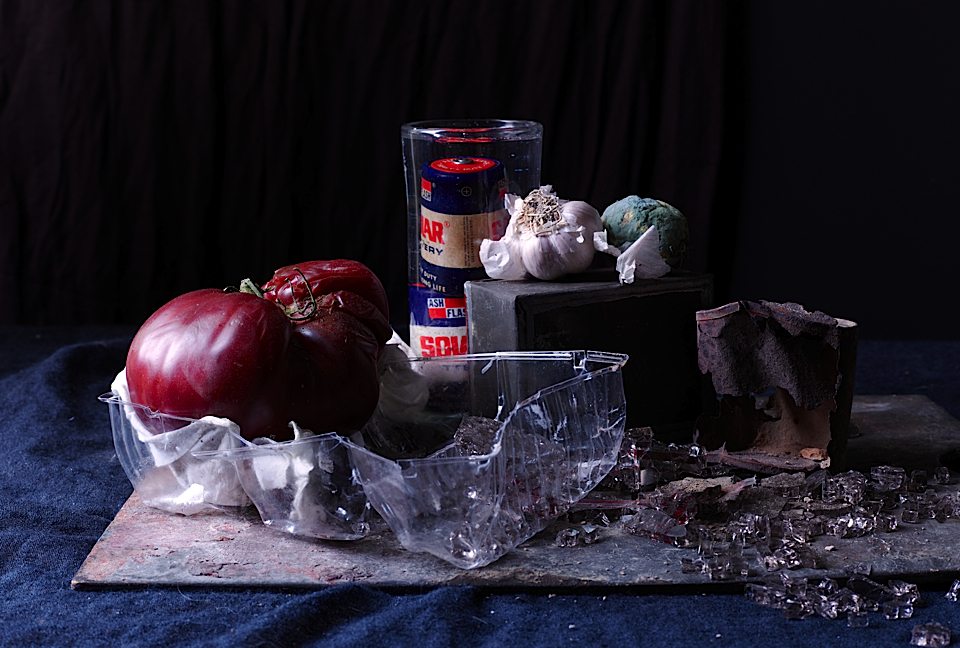
Solar Batteries
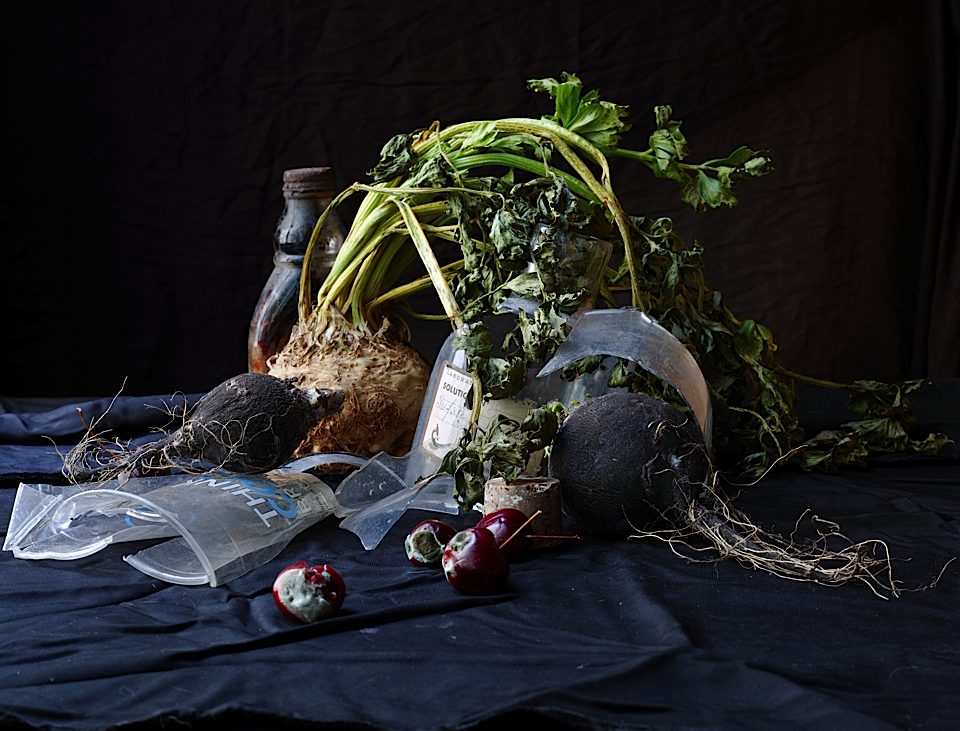
Black Radish
